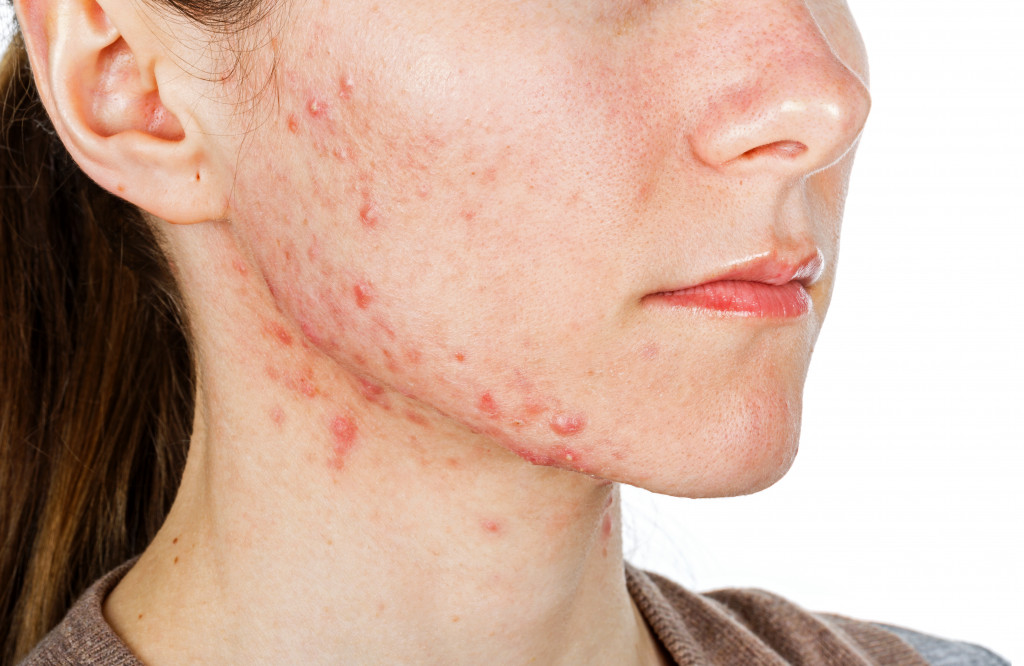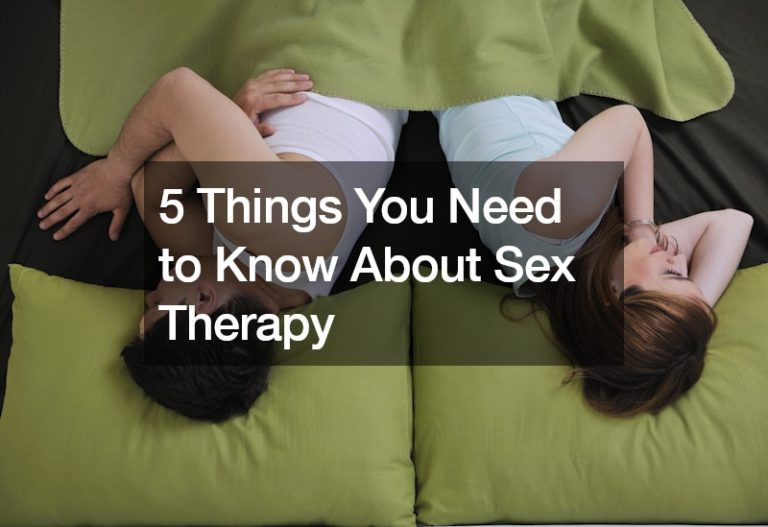Hormones help regulate some of the major processes in the body. Produced by the endocrine system’s glands, these chemicals send messages as to what the organs need to do and when to do it by traveling on the tissue and the organs’ bloodstream. Some bodily functions it helps regulate include heart rate, body temperature, appetite and metabolism, mood and stress levels, sleep cycles, growth and development, and reproductive cycles.
Periods of hormonal fluctuations are mostly natural, and everyone can experience them at some point in their lives. But in most cases, an imbalance can be caused by serious medical conditions. These may include overactive or underactive thyroid, extreme or chronic stress, hypoglycemia, type 1 and 2 diabetes, pituitary tumors, severe allergic reactions, and more. That being said, the treatment you’ll need will vary depending on the cause. Now, how will you know if you have a hormonal imbalance? Here are the major symptoms to look out for:
Anxiety
According to some studies, 7% of Americans suffer from major depressive disorder, while 18% suffer from anxiety-related disorder every year. In fact, changes in estrogen during pregnancy, menstrual cycles, or menopause can put a woman at higher risk of severe depression. Our brain’s estrogen receptors help calm the anxiety and fear response in humans. At the same time, men are at a higher risk of developing major depressive disorder or anxiety when they have low testosterone levels. If you experience a higher than usual anxiety, you likely have an imbalance. Seeing a doctor can help you understand any anxiety or stress pattern and if it has something to do with hormonal fluctuations.
Hair loss
Hair loss is a common symptom of off-balance hormones. In particular, changes in thyroid hormone levels can lead to thinning of the hair. Besides thyroid issues, higher levels of testosterone may also result in hair loss and hair dullness. Women and men who experience hair loss can also be caused by dihydrotestosterone or DHT, which contributes to the shrinkage of our hair follicles. If you think you have a hormonal imbalance, it’s highly recommended to speak to a medical professional. In case you’re already experiencing hair loss, you can consider getting a laser hair restoration treatment. This type of procedure is minimally invasive and can even boost your hair strength. Find a reputable clinic or specialist for proper advice.
Weight gain
Another obvious symptom of hormonal imbalance is a sudden change in appetite. It can be a culprit for unexpected weight gain. If you experience weight gain even without changes in your exercising or eating habits, there’s a high possibility that you have a hormonal imbalance, which in turn can slow down your metabolism. Patients who want to restore their natural metabolism often undergo hormonal therapy. With that in mind, experts highly suggest watching out for patterns and related to your weight gain. Track it if necessary. On the other hand, if you’re going through menopause, it’s best to consult your doctor for further advice.

Insomnia
The ovaries gradually produce less progesterone and estrogen during menopause or perimenopause, promoting sleep. Lower levels of estrogen can also result in night sweats that can disturb your sleep. If you’re going through menopause and having poor-quality sleep or even insomnia, it’s always best to get an accurate diagnosis from your doctor. They can figure out if you require hormonal replacement therapy or other treatments. As for you, you can help yourself enhance your sleep. Some practical things you can do include reducing caffeine and alcohol intake (especially before going to bed), keep your sleeping area dark and cool, sleeping between cotton sheets, or wearing cotton nightclothes.
Low libido
A hormonal imbalance can be a culprit of shifts in our sex drive. One simple example is that if you suddenly experience an aversion to intimacy or lost interest in sex, you might need to look into your hormones first. They may also be a source of libido changes, especially if there are no actual changes in your relationship with your partner.
Consult an expert to test your hormones to find out if they are the real culprit for missing libido or there are other reasons for this. Furthermore, hormonal causes for women and men also differ. For women, it can be breastfeeding, pregnancy, ovarian tumor, puberty, and polycystic ovarian syndrome. As for men, it may include endocrine disorders, depression, stress, or sleep apnea.
It’s normal for people to experience hormonal imbalance at some periods of their lives. But if you think that medical conditions cause these fluctuations or you’re experiencing the symptoms listed above, we highly recommend seeing a specialist before trying any of our tips. They can help determine the right treatment for you and ensure your safety as well.






